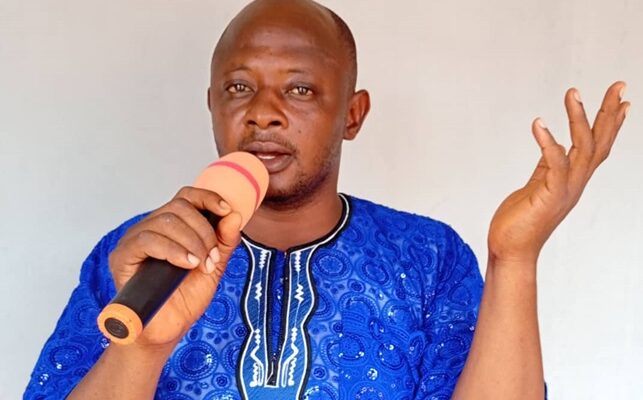When sacred fire descends, it is not for spectacle—it is for consecration. It doesn’t entertain; it orchestrates divine realignment. Fire is heaven’s ancient dialect, a covenantal language that speaks through purification, recalibration, and spiritual jurisdiction. Deborah-Anne Velthuysen’s words thunder with prophetic insight: “Fire triggers bloodline blessings. God is a God of bloodlines. From who you came from is not an accident.” That is not sentimental theology—it is divine jurisprudence. Bloodlines are archives, and fire is the celestial audit. When it touches your lineage, it doesn’t seek approval—it invokes ancient covenants buried beneath generational debris.
The descent of fire on Sinai was not a performance; it was a legal transaction between eternity and ancestry. Moses didn’t merely revisit a mountain—he retraced the coordinates of divine ignition. Exodus 19:16–20 is a prophetic template of revival: smoke as divine concealment, thunder as divine voiceprint, and fire as divine authorization. Purpose is not unlocked in comfort—it is extracted in combustion. There is no coronation without consumption. In a nation groping through geopolitical shadows, Nigeria must return—not to policy—but to the primordial altar of fire.
This is no ordinary flame. Divine fire is multidimensional. It defends destinies, neutralizes diabolic interference, and reestablishes territorial dominion. Spiritually, it is both firewall and refiner’s furnace. It purges the residue of ancestral violations and restores spiritual ecosystems corrupted by compromise. In prophetic metaphor, fire is the divine midwife that births mantles from molten ashes. Just as fire in nature renews ecosystems, the fire of Yahweh eliminates dysfunction to create apostolic space for new assignments and prophetic alignments.
In African proverb, “When the bush is ablaze, even the leopard prays.” Your burn—be it relational collapse, financial pruning, or ministerial wilderness—is not affliction; it is activation. Fire is not a punishment—it is a prophetic gestation. Joseph was not thrown into a pit; he was encrypted into prophetic code. Every betrayal you’ve survived is divine coding in disguise. Destiny is not delivered through comfort—it is decoded through combustion. The fire is speaking—are you interpreting?
Pastor Chris Oyakhilome once thundered, “God doesn’t just anoint people—He consecrates bloodlines.” In that light, you must understand: spiritual fire is not individualistic. It is genealogical. When God ignites you, He’s confronting centuries of silence. Fire becomes the divine subpoena to ancestral altars—demanding a shift. The tremors you feel aren’t random—they’re tectonic shifts in your spiritual lineage. The heat is not against you—it’s announcing you.
Prophet TB Joshua understood this spiritual architecture: that fire is forensic. It investigates your soul and brings verdicts upon hidden transgressions. Apostle Ayo Babalola’s mountain travail wasn’t charismatic performance—it was intergenerational litigation. You can’t carry apostolic fire and remain unchanged. That which is not purified cannot be preserved. That which is not ignited cannot illuminate. The Holy Spirit doesn’t rest on altars that haven’t been reduced to ashes.
So I ask again—what is your burn? Not your wound, but your witness. What in your life has been reduced so God could reignite? Have you been stripped of relationships, emptied of idols, or pulled into a holy solitude? Then rejoice. You are undergoing divine metallurgy. Because in the realm of the Spirit, ashes are prophetic blueprints. Your burn is your badge. Your fire is your fingerprint. And your restoration is encoded in the flame.
– Inah Boniface Ocholi writes from Ayah – Igalamela/Odolu LGA, Kogi state.
08152094428 (SMS Only)




